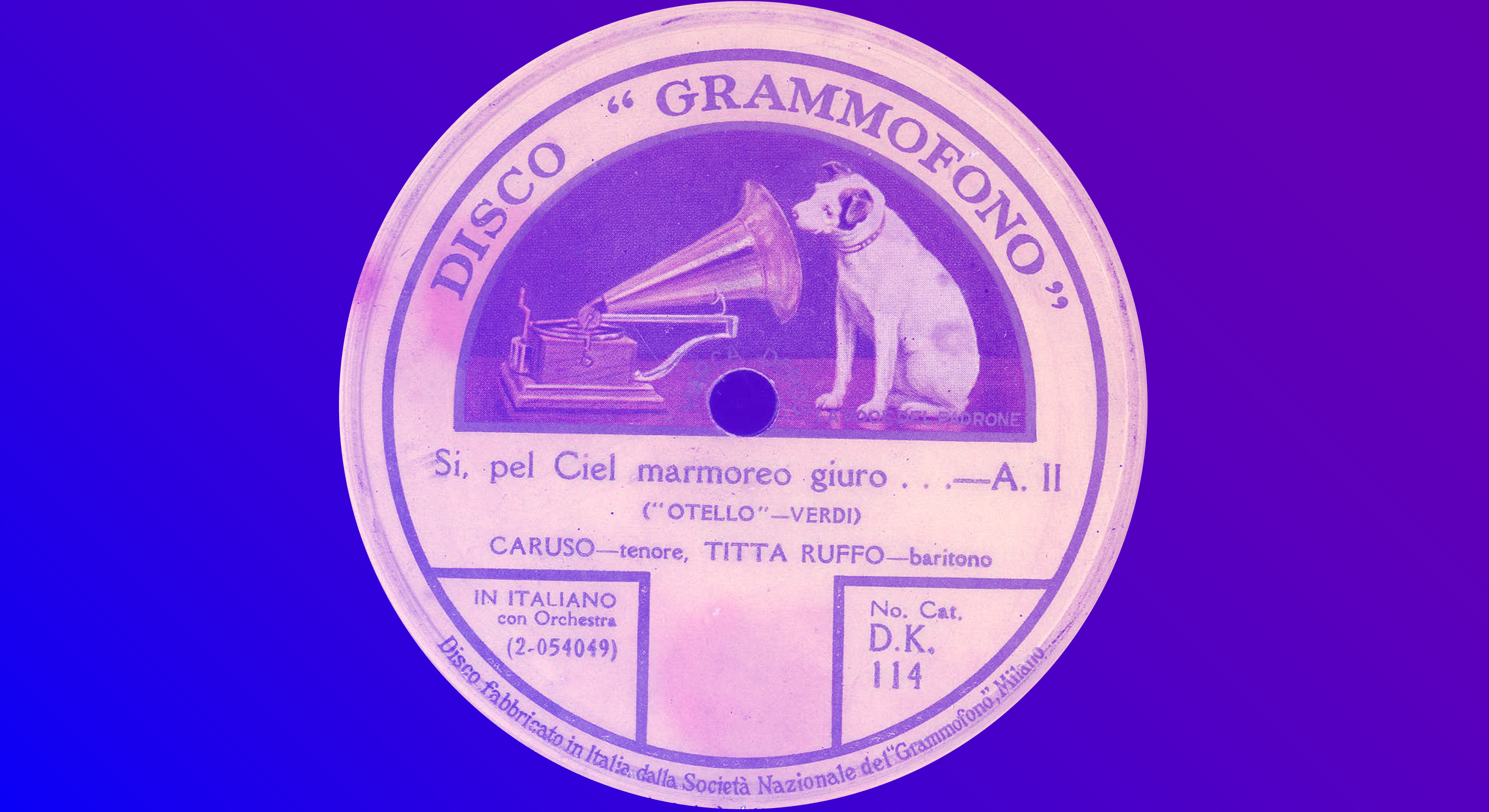ICBSA honours the Italian singer Caruso for the centenary of his death with an exciting project
The Caruso collection housed at ICBSA will unveil unknown stories of the great singer and the world’s first pop star

The Central Institute for Sound and Audiovisual Heritage – ICBSA has recently launched a project on the artist Enrico Caruso that is being developed between 2021-2023 with a series of converging initiatives. The Italian tenor had a major role in the history of international musical culture. From academic circles to popular culture, his personality and the complexity of his personal and artistic life have been researched and reconstructed in numerous ways.
What makes this important singer so special is that he belonged to the first generation of performers who got the opportunity to record the sound of their own voice, thanks to the invention of sound reproduction. Caruso, in particular, represents one of the world’s first popular entertainment stars. These new pop stars were born with the emergence of the music industry supported by industrial production and the worldwide diffusion of the disc at the beginning of the 20th century. The aim of the project is to produce and promote new knowledge of this fascinating collection owned by ICBSA containing recordings, as well as documents showing his role in the music world.
Image credits: ICBSA










